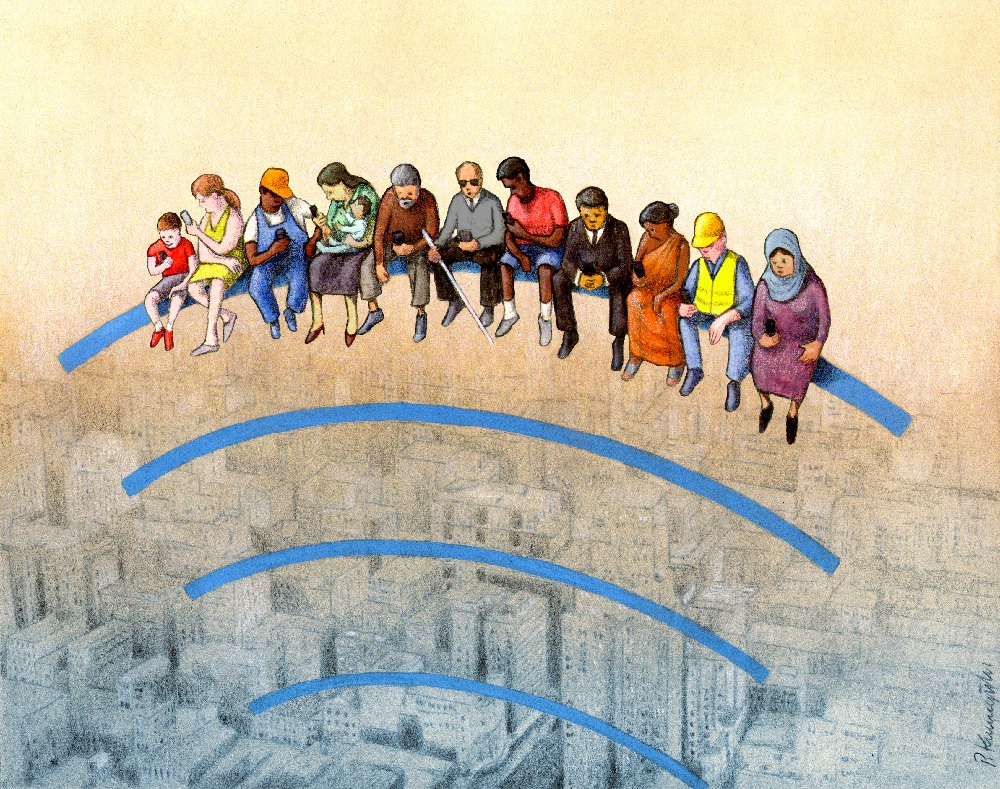Warwick Law School News
Warwick Law School News
The latest updates from our department
Dr Serena Natile awarded prestigious ISRF Fellowship
Dr Serena Natile, Associate Professor at Warwick Law School, has been awarded the Independent Social Research Foundation (ISRF) Early Career Fellowship for her project ‘Transnational Social Security Law in the Digital Age: Towards a Grassroots Politics of Redistribution’.
The ISRF Early Career Fellowship is open to all scholars based in Europe within 10 years from their PhDs, and this year the Selection Panel has nominated 5 projects for funding. The grant allows academics to buy out the cost of all teaching and administration to fully focus on their project for up to 1 year. The ISRF supports projects that contribute to the advancement of social science research through new modes of inquiry and interdisciplinary approaches.
Serena’s project will provide a conceptual and regulatory framework for transnational social security law, not as yet a defined disciplinary field, paying critical attention to the recent digitalisation of social security programmes. The research asks whether a grassroots-inspired framework for transnational social security law can disrupt the unjust mode of wealth distribution enabled by the international legal order and create new mechanisms for global accountability and redistribution.
To answer this question the project develops an innovative methodology that brings together a feminist political economy critique of international economic law (IEL) and a prefigurative law reform methodology. The first interrogates the IEL assumption that trade relations (economic production), together with finance and investments, should be regulated internationally while social security (the distribution of the wealth created) is the responsibility of states alone or should be provided via aid, charity, or corporate philanthropy. This regulatory mismatch results in an unequal distribution of benefits, risks and responsibilities, penalising communities and countries at the lower end of the power and income distribution. The prefigurative law reform methodology draws on prefigurative politics in the form of grassroots activists’ calls for global redistribution and an imaginative legal approach that entitles them to act as if they have the power to remake international law. This methodology will be applied to four significant cases of digitalisation of social security programmes (Brazil, Kenya, India and South Africa) to examine the different distributive impact that these programmes would have if a binding transnational framework for social security law was in place. The transnational focus of the framework will allow to consider patters of maldistribution and possibilities for redistribution beyond the nation-state and the accountability of non-state actors such as transnational corporations while giving voice to other non-state actors such as grassroots groups.
The project draws on Serena’s research on The Exclusionary Politics of Digital Financial Inclusion, her Feminist Recovery Plan Project and recent RDF grant, the project co-led with Christine Schwöbel-Patel on Rosa Luxemburg & International Law and Serena’s work as part of The IEL Collective. Some background research for this project can be read in her forthcoming contribution to the Oxford Handbook of International Law and Development ‘New Technologies of International Law and Development’ and her piece on Rosa Luxemburg and the Revolutionary Potential of Transnational Social Security Law.
Serena said: “I am so happy about this award and to be able to fully dedicate myself to this project for a full year. I am also very proud that this project is funded by the ISRF because of their support for ground-breaking critical research for social justice. Two colleagues, Illan and Henrique, have held this Fellowship in the past and I’m looking forward to engaging with ISRF and the other Fellows”.

Note: the image on this page has been realised for this project by Polish artist Paweł Kuczyński. It is inspired by the famous 1932 photograph ‘Lunch atop a Skyscraper’ portraying migrant iron workers building the Rockefeller complex in the US. Kuczyński’s drawing replaces the physical infrastructure of the skyscraper with the less visually impactful but more pervasive digital infrastructure, and adds colours and diversity ‘atop a’ capitalist legal landscape that enables the global maldistribution of wealth and power.
